When we think of India’s White Revolution, the name that immediately comes to mind is Dr Verghese Kurien, the visionary who turned India into the world’s largest milk producer. But behind this milestone were millions of rural women - unpaid, under-acknowledged, yet indispensable to the success of the revolution. From rising before dawn to milk their cattle, to managing entire village-level dairy operations, these women played a pivotal role in making Operation Flood a reality.
Across Gujarat, Maharashtra, Karnataka, and other parts of the country, it was women who handled the bulk of dairy work such as feeding livestock, milking, and delivering milk to local collection centres. These were often women with no formal education or exposure to the outside world, yet they embraced cooperative work, learnt how to manage finances, and became breadwinners for their families.
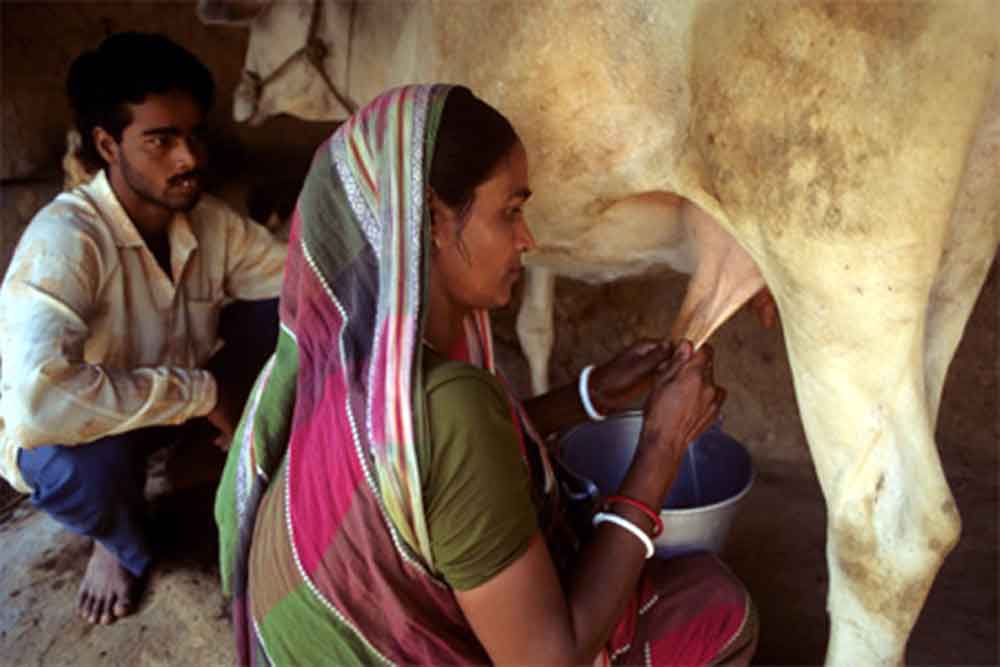
For many, the White Revolution was their first step towards financial independence and self-respect. The dairy cooperative movement didn’t just boost milk production; it transformed rural women into economic contributors and local leaders.
The Women Who Led From the Front
Ela Bhatt
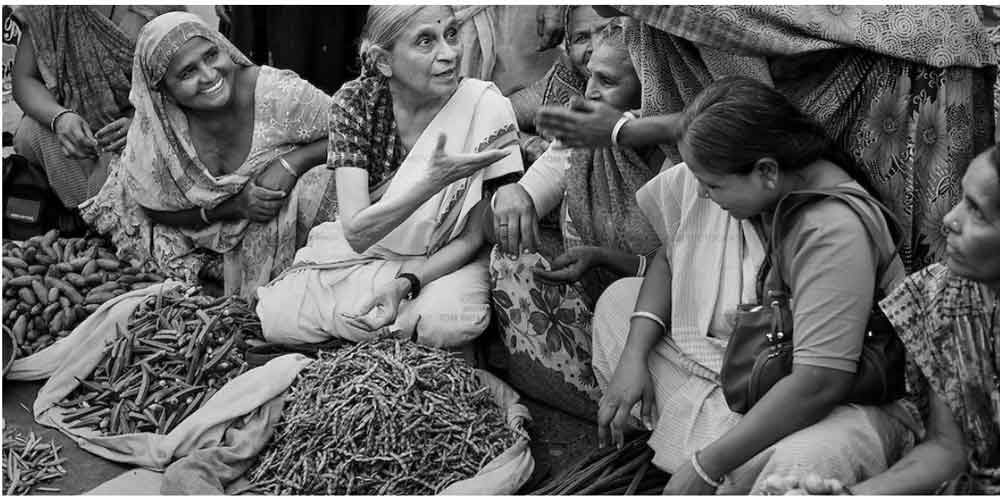
A lawyer, social worker, and the founder of SEWA (Self-Employed Women’s Association) in 1972, Ela Bhatt recognised the economic potential of women in the informal sector. Her organisation helped rural women, especially those involved in dairy work, gain access to markets, credit, and self-sufficiency. SEWA went on to establish SEWA Dairy, an all-women cooperative that gave thousands of women the platform to run their own milk business - end-to-end.
Dr Amrita Patel
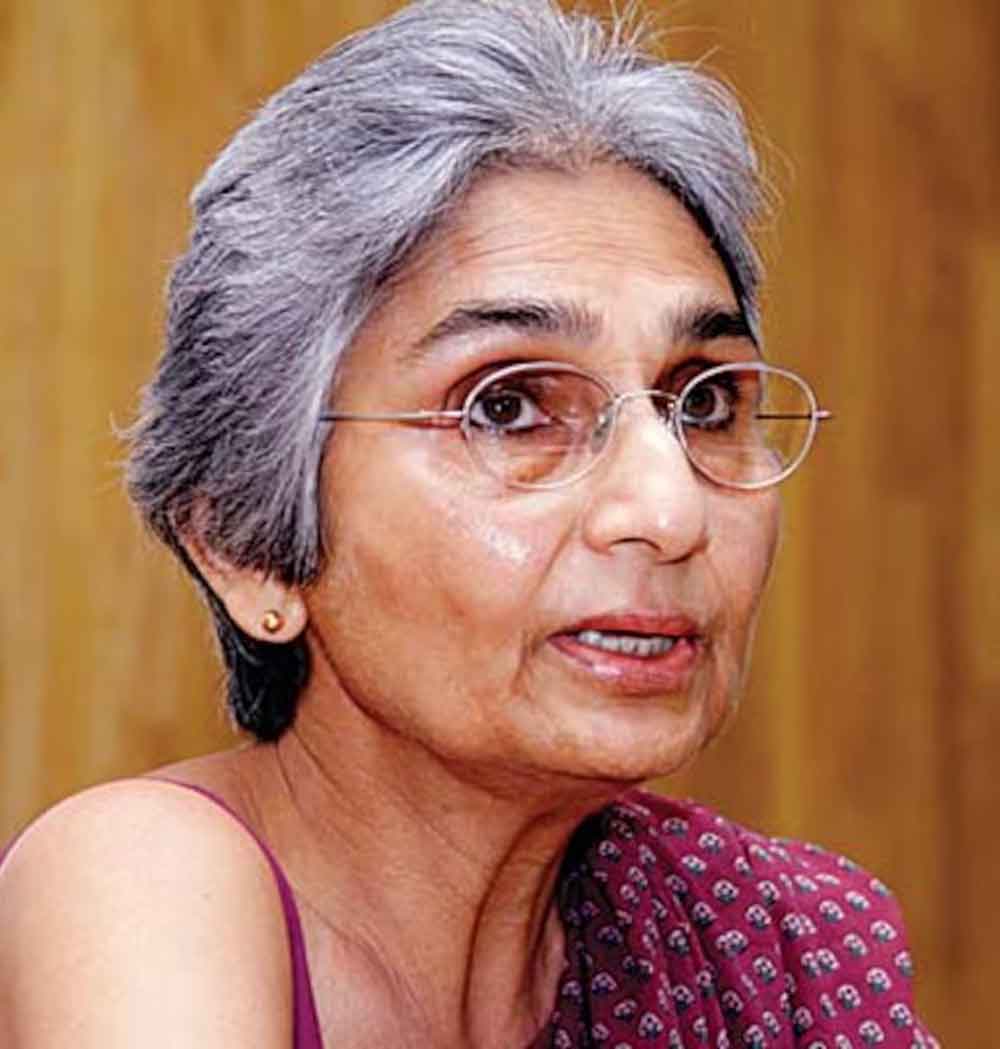
Dr Patel was Dr Verghese Kurien’s successor as chairperson of NDDB (National Dairy Development Board) from 1998 to 2014. Her leadership role came later, but even initially, she was one of the most influential women in India’s dairy sector. During her tenure, she expanded women-centric dairy programs, including efforts to bring more women into cooperative management and ownership. She helped launch programs like Women Dairy Cooperative Leadership Training.
Maniben Patel
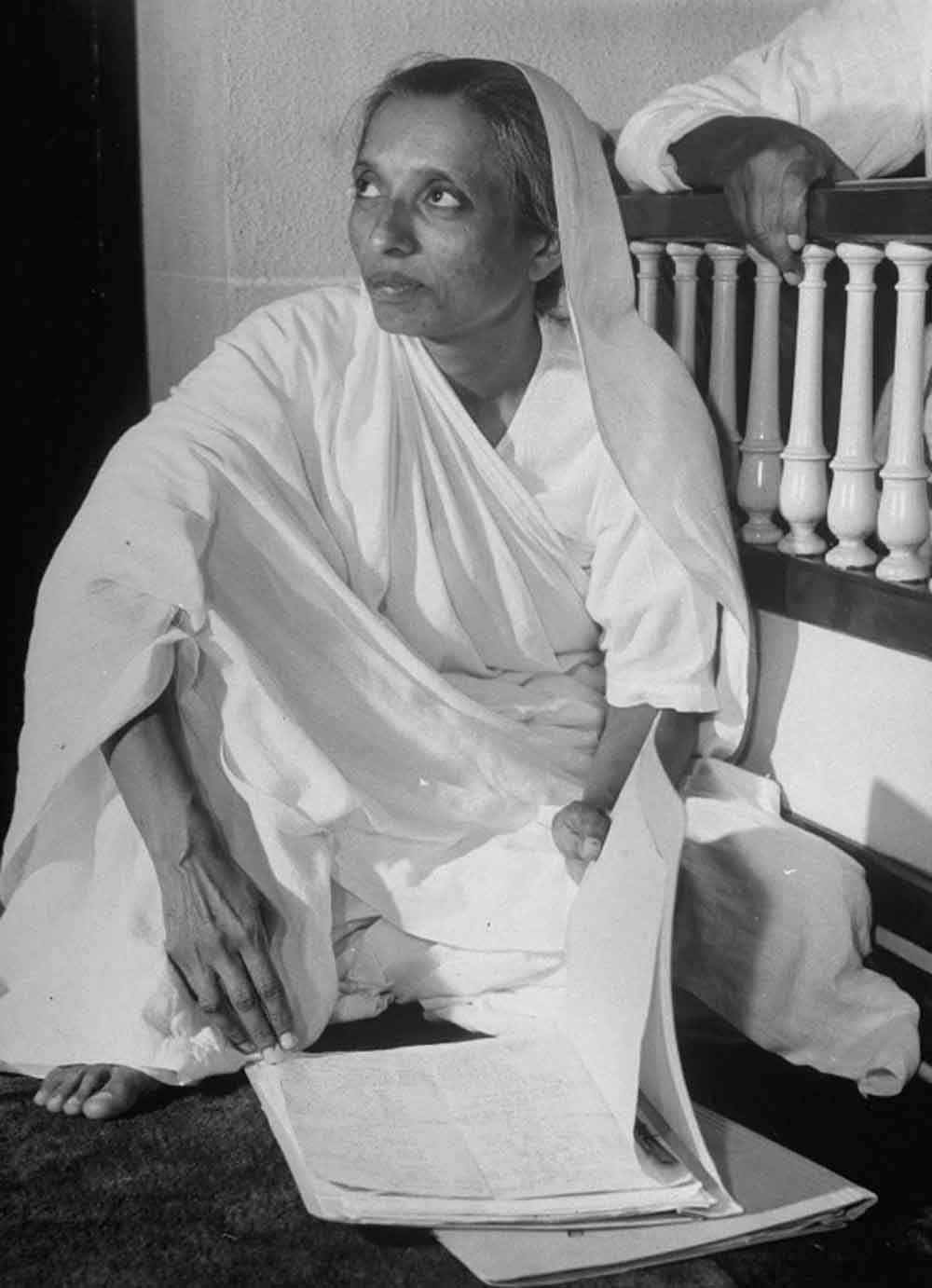
The daughter of Sardar Vallabhbhai Patel, Maniben was an advocate for cooperative movements and rural women’s welfare. Though not involved directly in dairy work, her support for rural cooperatives helped set the stage for women’s involvement in initiatives like Operation Flood.
Suman Sahai
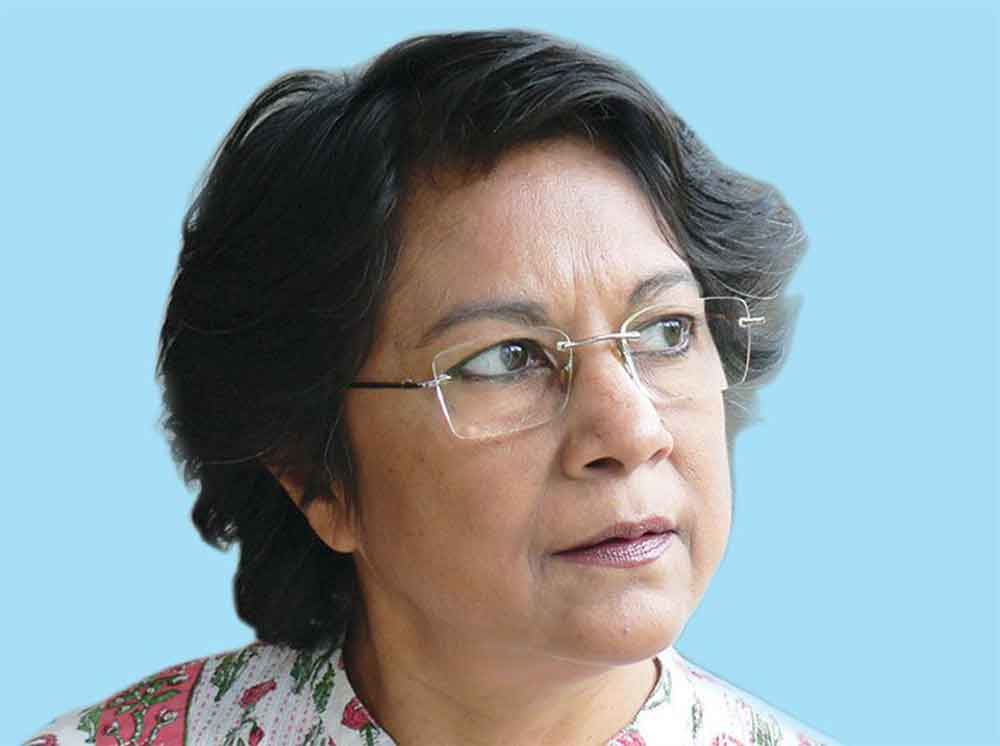
What started as a way to supplement household income soon evolved into a powerful tool of empowerment.
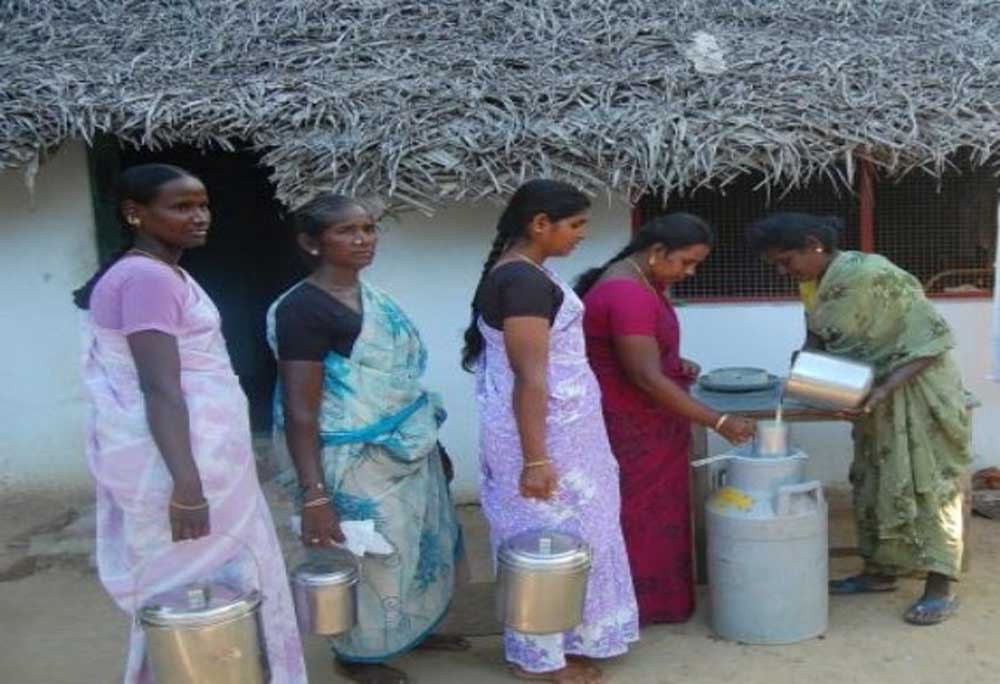
Their names may not always appear in textbooks, but their legacy lives on in every village milk cooperative where a woman signs her name in the accounts register, delivers fresh milk, and walks home with her earnings - head held high.